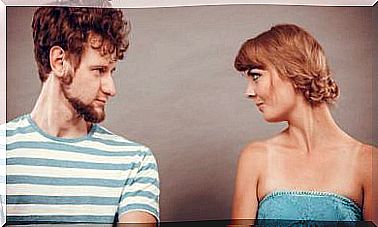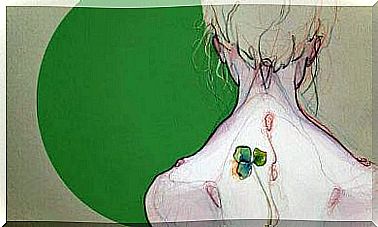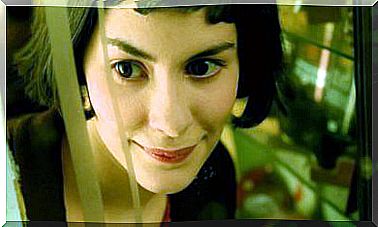The Illusion Of Control During Therapy

There are times in our lives when we ask ourselves if it would be a good idea to go to a psychologist. We have doubts and fears, and we ask for advice from people around us. We may even be looking for alternative medicine and pseudoscientific therapies to find peace in our minds. We go to specialists to put an end to it all. Sometimes we can feel so bad emotionally that we begin to believe that there is no hope anymore. We see no light in the tunnel. We live with the illusion of control, but do we really have control?
Once we have talked about our goals with a therapist, we start with energy and intention. The mountain that seemed too big now seems possible to approach. It feels like we’re getting better. We tell ourselves that we are making progress and we believe more and more in it… Now phrases like “I can do it”, “nothing bad has happened yet” and “good times follow the bad” hoppas. When is it time to end the therapy?
The illusion of control is something known among psychologists. People are also aware of it even though they may not say it in their own words. We develop ways to deceive ourselves, among these are thinking and reasoning tools.
Control is one of the best known ideas. This is the feeling of dominating or controlling things that are not actually up to us. A clear example of this is a player. They think they can use strategies for uncontrollable games (such as roulette).
During therapy, and especially with certain diseases, the idea of control is a risk factor. During therapy sessions, this illusion is one of the problems that can arise. It is logical when we free ourselves from the bonds and chains of negative thoughts. Then we begin to doubt whether we really need help anymore.
Thinking “now I feel better” is something positive. However, we must compare this with reality and not lose perspective. This is one of the goals that the therapist should work towards during therapy. Of all the possible reasons why a person may discontinue their therapy, the illusion of control is one of the most damaging. This is due to the consequences of unexpected relapses.
When we start to get results in therapy, we follow the next step. We present our goals and make decisions about how we feel. This is something very positive.
But being able to stop harmful thoughts and bad habits does not mean that we “have control over” them. This is when we need to pay attention during therapy and not abandon what has made us feel better. If we have solved an initial problem, it is best to design a prevention plan. This allows us to maintain the results of the therapy. Otherwise, we cannot fully develop strategies to become and remain better.

Be careful not to fool yourself
What happens if we have a close relative or relative on hand at this time? It is ideal to reinforce the maintenance of new habits and strategies that helped us get where we are. Monitor self-deception. The therapist will gradually schedule biweekly, monthly, annual and semi-annual sessions before they finally end.
The process of “control” and monitoring will begin. It may be that I begin to doubt whether I am feeling well or that my girlfriend is doing it. It is dangerous to say “I feel good” when in fact we need to confront the illusion of control. Take a closer look at the itinerary and not the goal achieved. Remember that the goal is a consequence of the small steps you took along the way.









